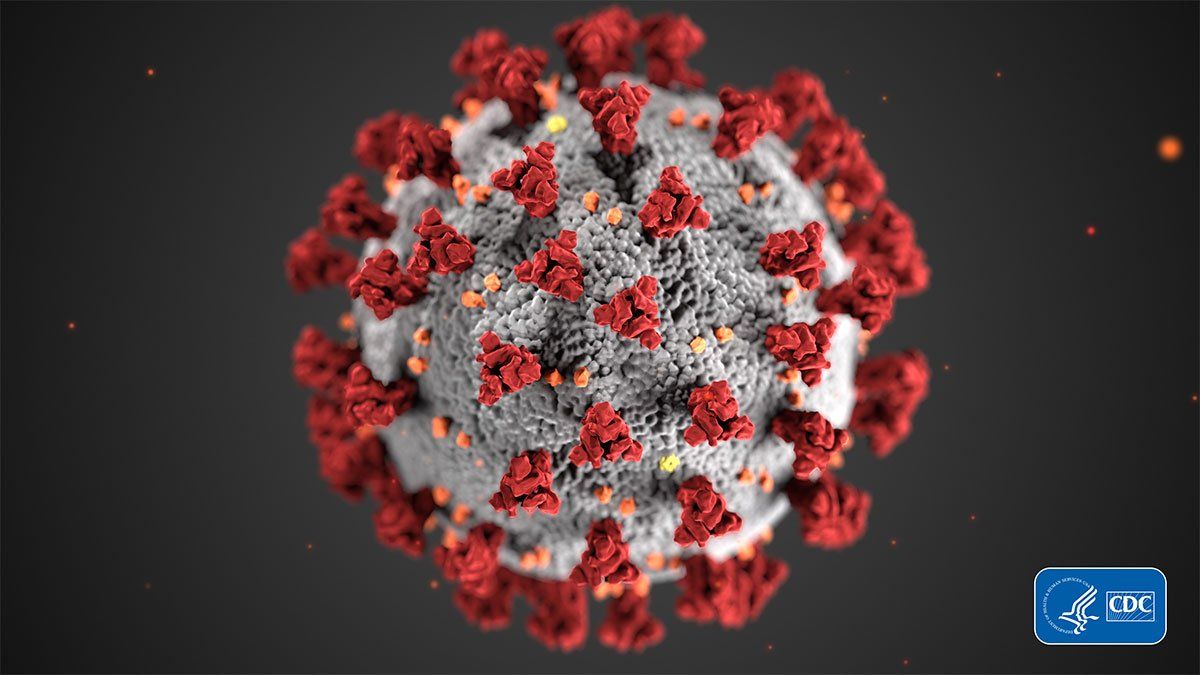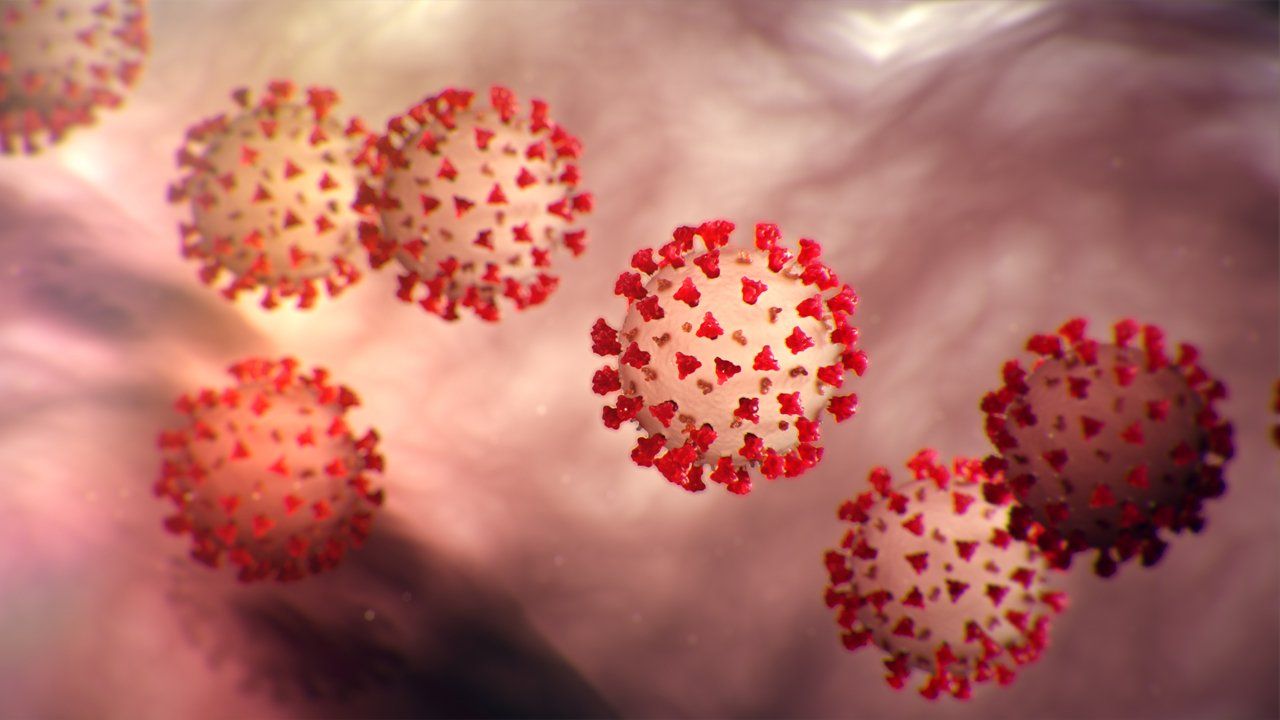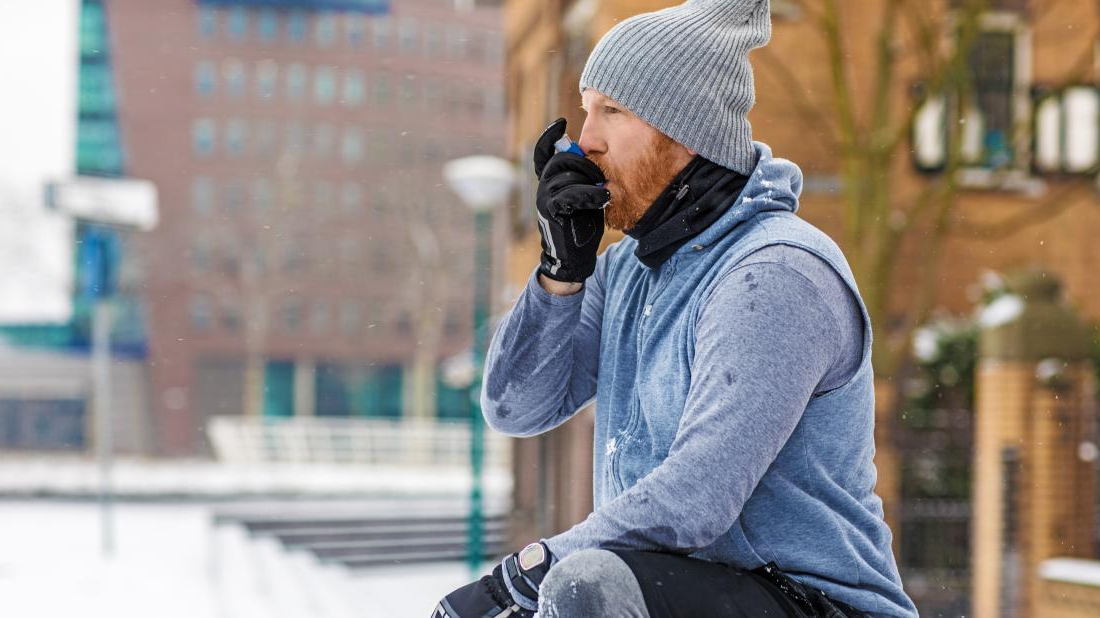What is Sleep Apnea?
Obstructive Sleep Apnea (OSA) is a common sleep disorder that is estimated to impact 20 million adults in the United States. Unfortunately, according to the best estimates, approximately 80% of these patients remain undiagnosed.
What is obstructive sleep apnea syndrome?
Obstructive sleep apnea syndrome (OSAS) is a condition where your breathing stops for short spells when you are asleep. The word apnea means without breath, that is, the breathing stops. In the case of OSAS, the breathing stops because of an obstruction to the flow of air down your airway. The obstruction to the airflow occurs in the throat at the top of the airway.
You may also have episodes where your breathing becomes abnormally slow and shallow. This is called hypopnoea. Because there can also be these episodes of hypopnoea, doctors sometimes use the term obstructive sleep apnea/hypopnoea syndrome.
What happens in people with obstructive sleep apnea syndrome?
When we sleep, the throat muscles relax and become floppy (like other muscles). In most people, this does not affect breathing. If you have OSAS, the throat muscles become so relaxed and floppy during sleep that they cause a narrowing or even a complete blockage of the airway.
When your airway is narrowed and the airflow is restricted, at first this causes snoring. If there is a complete blockage then your breathing actually stops (apnea) for around 10 seconds. Your blood oxygen level then goes down and this is detected by your brain. Your brain then tells you to wake up and you make an extra effort to breathe. Then, you start to breathe again with a few deep breaths. You will normally go back off to sleep again quickly and will not even be aware that you have woken up.
Sometimes, the airway can just partially collapse and can lead to hypopnoea. Breathing becomes abnormally slow and shallow. If this happens, the amount of oxygen that is taken into your body can be halved. Hypopnoea episodes also usually last for around 10 seconds.
If someone watches you, he or she will notice that you stop breathing for a short time, and then make a loud snore and a snort, perhaps even sound as if you are briefly choking, briefly wake up, and then get straight back off to sleep.
It is quite common for many of us to have the odd episode of apnea when we are asleep, often finishing with a snort. This is of no concern. In fact, some people when they sleep have periods of 10-20 seconds when they do not breathe. However, people with OSAS have many such episodes during the night. For the diagnosis of OSAS you need to have at least five episodes of apnea, hypopnoea, or both events per hour of sleep. However, there are different levels of severity of OSAS (mild, moderate or severe). People with severe OSAS can have hundreds of episodes of apnea each night.
OSAS is classified as:
- Mild OSAS - between 5-15 episodes an hour.
- Moderate OSAS - between 16-30 episodes an hour.
- Severe OSAS - more than 30 episodes an hour.
So, if you have OSAS, you wake up many times during the night. You will not remember most of these times but your sleep will have been greatly disturbed. As a consequence, you will usually feel sleepy during the day. Daytime sleepiness in someone who is a loud snorer at night is the classic hallmark of someone who has OSAS.
Who gets obstructive sleep apnea?
OSAS can occur at any age, including in children. However, it most commonly develops in middle aged men who are overweight or obese. It is thought that as many as 4 in 100 middle aged men and 2 in 100 middle aged women develop OSAS.
Due to the fact that the airway has an increased tendency to narrow more than normal, the following factors increase the risk of developing OSAS, or can make it worse.
- Overweight and obesity. Particularly if you have a thick neck as the extra fat in the neck can squash the airway.
- Drinking alcohol in the evening. Alcohol relaxes muscles more than usual and makes the brain less responsive an apnea episode. This may lead to more severe apnea episodes in people who may otherwise have mild OSAS.
- Enlarged tonsils.
- Taking sedative drugs such as sleeping tablets or tranquilisers.
- Sleeping on your back rather than on your side.
- Having a small or receding lower jaw (a jaw that is set back further than normal).
- Smoking.
- You may also have a family history of OSAS.
People with OSAS may not be aware that they have this problem as they do not usually remember the waking times at night. It is often a sleeping partner or a parent of a child with OSAS that is concerned about the loud snoring and the recurring episodes of apnea that they notice.
One or more of the following also commonly occur:
- Daytime sleepiness. This is often different to just being tired. People with severe OSAS may fall asleep during the day with serious consequences. For example, when driving, especially on long monotonous journeys such as on a motorway. A particular concern is the increased frequency of car crashes involving drivers with OSAS. Drivers with OSAS have a 7-12 increased risk of having a car crash compared to average. You should not drive or operate machinery if you feel sleepy.
- Poor concentration and mental functioning during the day. This can lead to problems at work.
- Not feeling refreshed on waking.
- Morning headaches.
- Depression.
- Being irritable during the day.
- Some people with OSAS find that they get up to pass urine frequently during the night. Less common symptoms also include night sweats, reduced sex drive, and gastro-oesophageal reflux disease.
- People with untreated OSAS also have an increased risk of developing high blood pressure. Having high blood pressure can increase your risk of having a heart attack or stroke. People with untreated OSAS may also have an increased risk of developing problems with blood sugar regulation.
How is OSAS diagnosed?
Epworth Sleepiness Scale
If you have daytime tiredness, sometimes a questionnaire is used to measure where you are on the Epworth Sleepiness Scale. This helps to gauge the level of sleepiness that you feel during the daytime. A high score indicates that you may have a sleeping disorder such as OSAS.
Tests to confirm OSAS
If you have symptoms that suggest OSAS, or a high score on the Epworth Sleepiness Scale, your GP may refer you to a specialist for tests. There are various types of test that can be done whilst you sleep. The ones done may be determined by local policies and availability of equipment. For example:
- Your airflow may be measured while you sleep by using a probe placed under your nose.
- A sensor may record snoring volume and body movement whilst you sleep.
- The oxygen level in your blood can be monitored by a probe clipped onto your finger.
- Breathing can be monitored and recorded by the use of special belts placed around the chest and abdomen.
- A video of you sleeping may be helpful.
- You may be asked to spend a night in hospital for the tests to be done. However, some of the tests may be done in your own home from equipment supplied by the specialist. The information gained from the tests can help a specialist to firmly diagnose or rule out OSAS.
- Your doctor will usually check your blood pressure. (OSAS is associated with high blood pressure.) They may also suggest other tests to exclude other causes of your sleepiness. For example, a blood test can check for an underactive thyroid gland.
What is the treatment for OSAS?
General measures - Things that can make a big difference include:
Losing some weight if you are overweight or obese.
Not drinking alcohol for 4-6 hours before going to bed.
Not using sedative drugs.
Stopping smoking if you are a smoker.
Sleeping on your side or in a semi-propped position.
Continuous positive airway pressure (CPAP) - This is the most effective treatment for moderate or severe OSAS. It may be used to treat mild OSAS if other treatments are not successful. This treatment involves wearing a mask when you sleep. A quiet electrical pump is connected to the mask to pump room air into your nose at a slight pressure. The slightly increased air pressure keeps the throat open when you are breathing at night and so prevents the blockage of airflow. The improvement with this treatment is often very good, if not dramatic.
If CPAP works, (as it does in most cases) then there is an immediate improvement in sleep. Also, there is an improvement in daytime wellbeing as daytime sleepiness is abolished the next day. Snoring is also reduced or stopped. The device may be cumbersome to wear at night, but the benefits are usually well worth it. Comments like "I haven't slept as well for years" have been reported from some people after starting treatment with CPAP.
Lifelong treatment is needed. Sometimes you can have problems with throat irritation or dryness or bleeding inside you nose. However, newer CPAP machines tend to have a humidifier fitted which helps to reduce these problems.
Mandibular advancement devices
The mandible is the lower jaw. There are devices that you can wear inside your mouth when you sleep. They work by pulling the mandible forward a little so that your throat may not narrow as much in the night. These devices look a bit like gum shields that sports-people wear. Although you can buy these devices without a prescription, it is best to get one properly fitted by a dentist if one is recommended. These devices work well in some cases. They tend to be used in mild OSAS or in people who are unable to tolerate CPAP treatment.
Surgery
Surgery is not often used to treat OSAS. However, sometimes an operation may be helpful to increase the airflow into your airway. For example, if you have large tonsils or adenoids, it may help if these are removed. This is more commonly done in children with OSAS. If you have any nasal blockages, an operation may help to clear the blockage.


ADDRESS
Athens Pulmonary & Sleep Medicine3320 Old Jefferson Rd.Bldg 200 | Suite A & BAthens, GA 30607
CLINIC HOURS
- Mon - Thu
- -
- Friday
- -
- Sat - Sun
- Closed
All Rights Reserved | Athens Pulmonary & Sleep Medicine, PC

